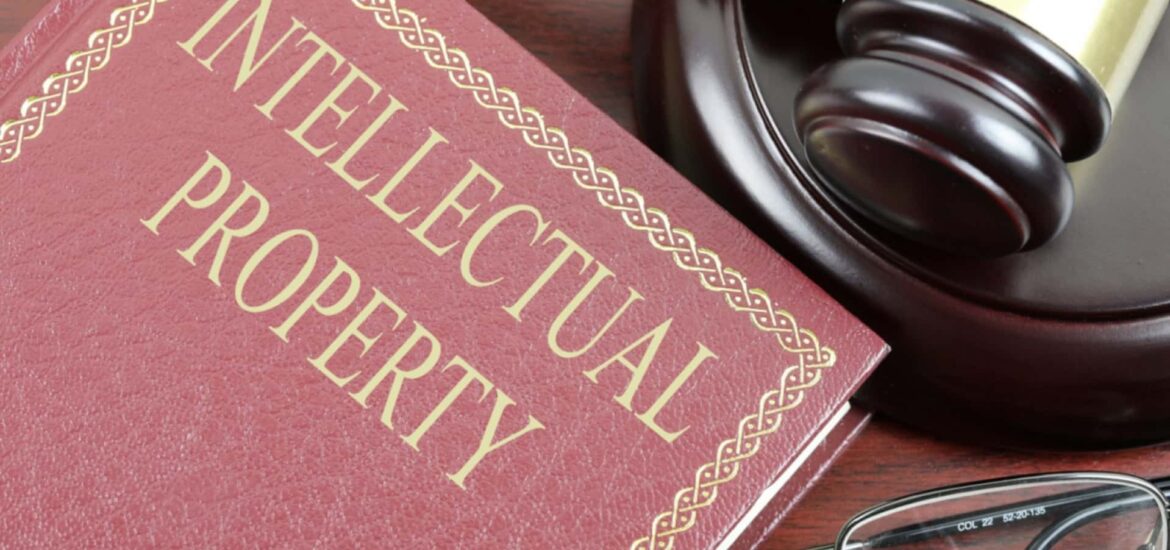Intellectual property (IP) represents the property or creations of your mind or intellect. If you develop a new product, service, process or idea it belongs to you and is considered your IP. You must formally register your IP to ensure legal ownership.
What is Intellectual property (IP)?
Intellectual property (IP) refers to creations of the mind, such as inventions; literary and artistic works; designs and symbols; names and images used in commerce.
IP is protected in law by, for example, patents, copyright and trademarks. Which enable people to earn recognition or financial benefit from what they invent or create. By striking the right balance between the interests of innovators and the wider public interest; the IP system aims to foster an environment in which creativity and innovation can flourish.
Types of Intellectual Property
Copyright ©
Copyright © is a legal term used to describe the rights that creators have over their literary and artistic works. Works covered by copyright range from books, music, paintings, sculpture and films, to computer programs, databases, advertisements, maps and technical drawings.
Copyright protections are automatic; once you create something, it is yours. However, if your rights under copyright protections are infringed and you wish to file a lawsuit, then registration of your copyright will be necessary.
Geographical Indications (GI)
Geographical indications and appellations of origin are signs used on goods that have a specific geographical origin and possess qualities, a reputation or characteristics that are essentially attributable to that place of origin. Most commonly, a geographical indication includes the name of the place of origin of the goods.

Industrial Designs
An industrial design constitutes the ornamental or aesthetic aspect of an article. A design may consist of three-dimensional features, such as the shape or surface of an article, or of two-dimensional features, such as patterns, lines or color.
Patents
A patent is an exclusive right granted for an invention. Generally speaking, a patent provides the patent owner with the right to decide how? or whether – the invention can be used by others. In exchange for this right, the patent owner makes technical information about the invention publicly available in the published patent document.
Learn More : The Ultimate Guide to Protecting your Intellectual Property
A patent is a type of limited-duration protection that can be used to protect inventions (or discoveries) that are new, non-obvious, and useful. Such as new process, machine, article of manufacture, or composition of matter. Therefore, when a property owner holds a patent, others are prevented, under law, from offering for sale, making, or using the product.
Trademarks ™ (TM)
A trademark ™ (TM) is a sign capable of distinguishing the goods or services of one enterprise from those of other enterprises. Trademarks date back to ancient times when artisans used to put their signature or “mark” on their products.
While patents and copyrights can expire, trademark rights come from the use of the trademark, and therefore can be held indefinitely. Like a copyright, registration of a trademark is not required, but registering can offer additional advantages.
Trade Secrets
Trade secrets are IP rights on confidential information which may be sold or licensed. The unauthorized acquisition, use or disclosure of such secret information in a manner contrary to honest commercial practices by others is regarded as an unfair practice and a violation of the trade secret protection.
Read More : How to Develop Employee Policy Content? With Example
Unlike the IP types above, you can’t register for a trade secret. However, it’s your responsibility to keep your information private such as making your employees sign a Non-Disclosure Agreement (NDA). Trade secrets are protected without official registration; However, an owner of a trade secret whose rights are breached; i.e. someone steals their trade secret–may ask a court to ask against that individual and prevent them from using the trade secret.
Do You Know What Is Intellectual Property (IP) And Types of Intellectual Property? Please share your knowledge by commenting on them at Trdinoo for others to learn. Please subscribe and share us with your friends and networks.
